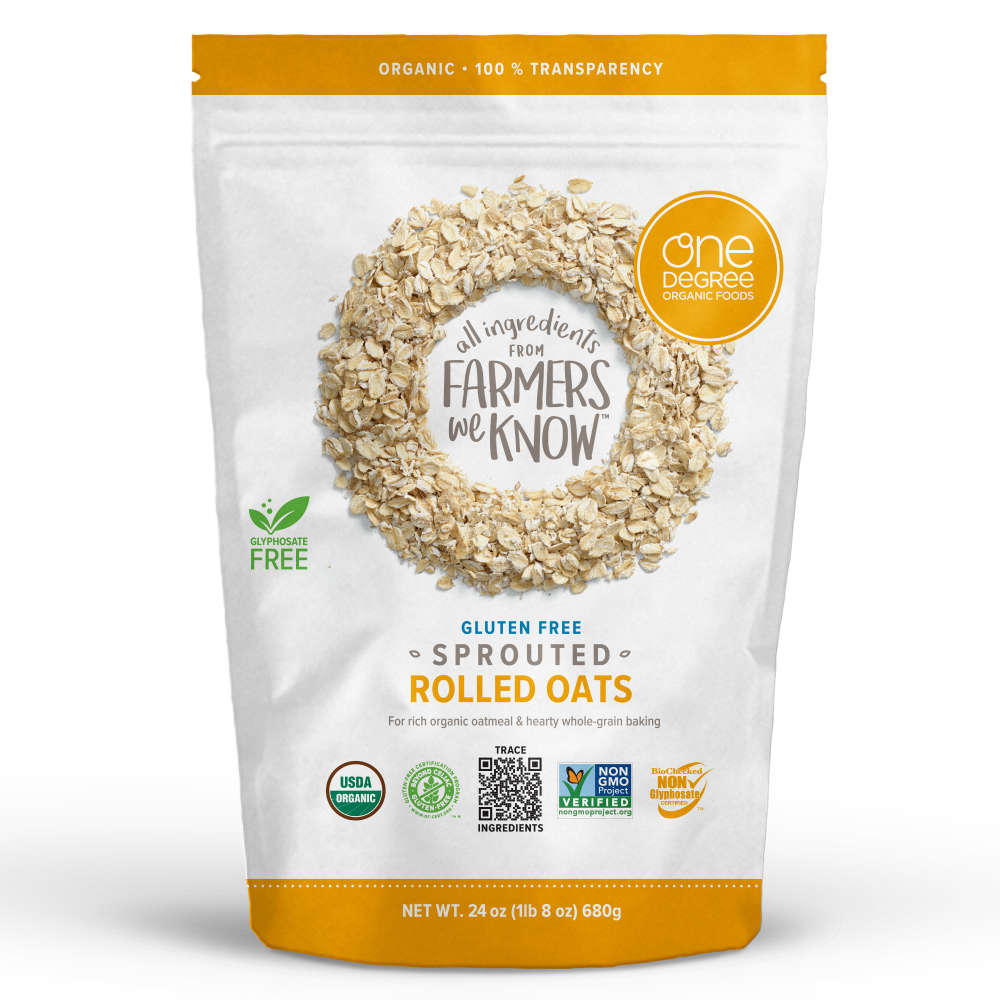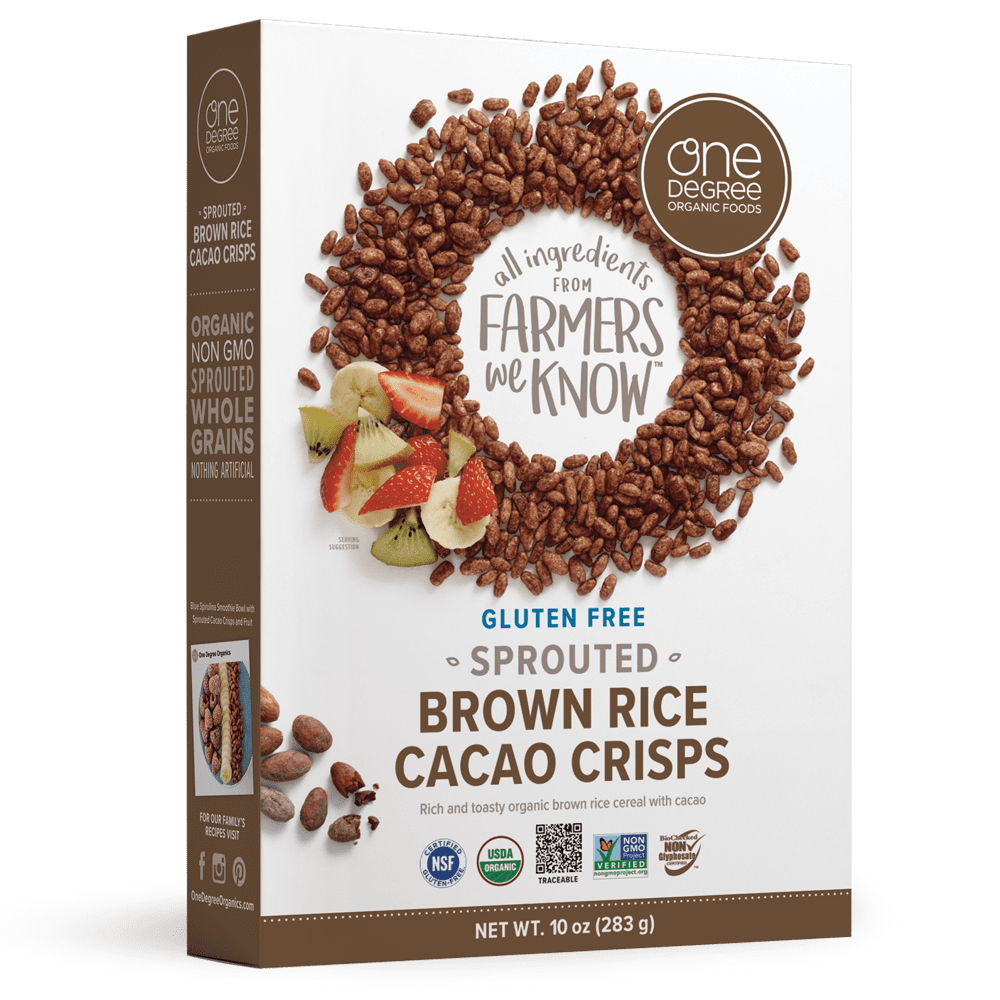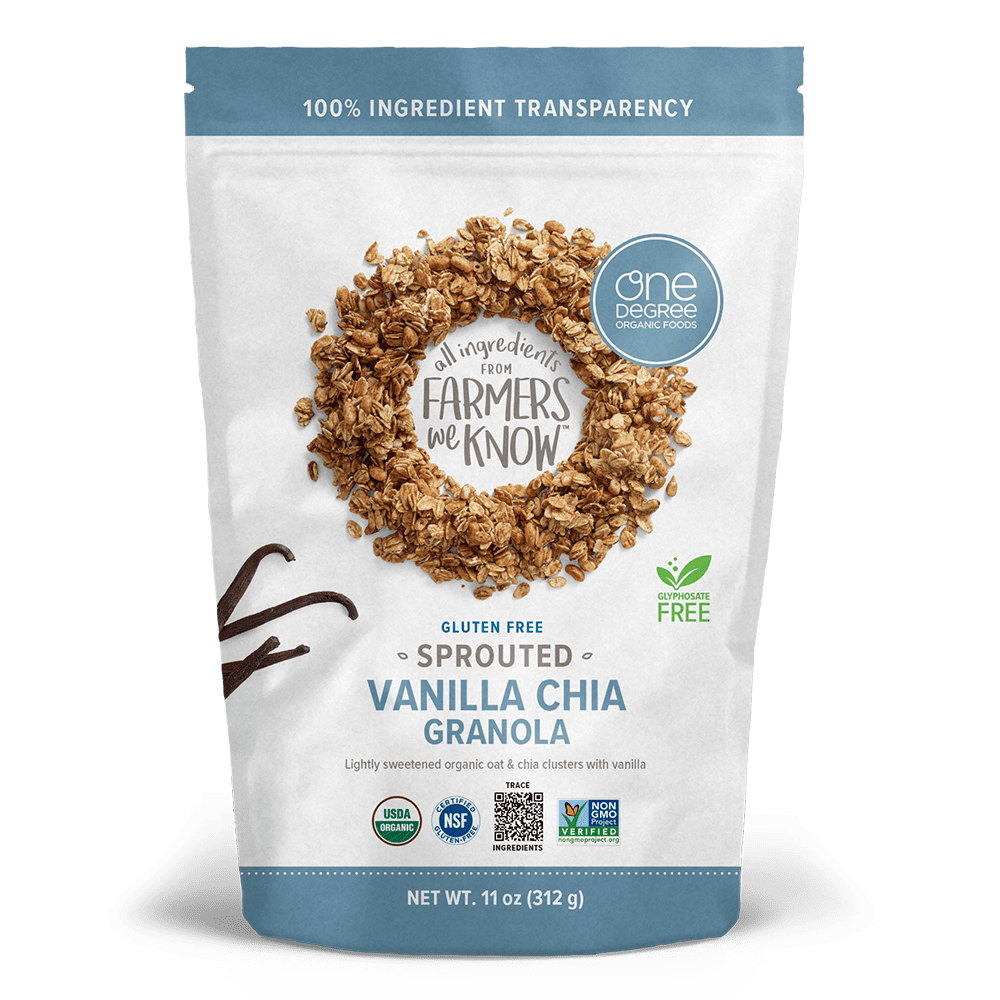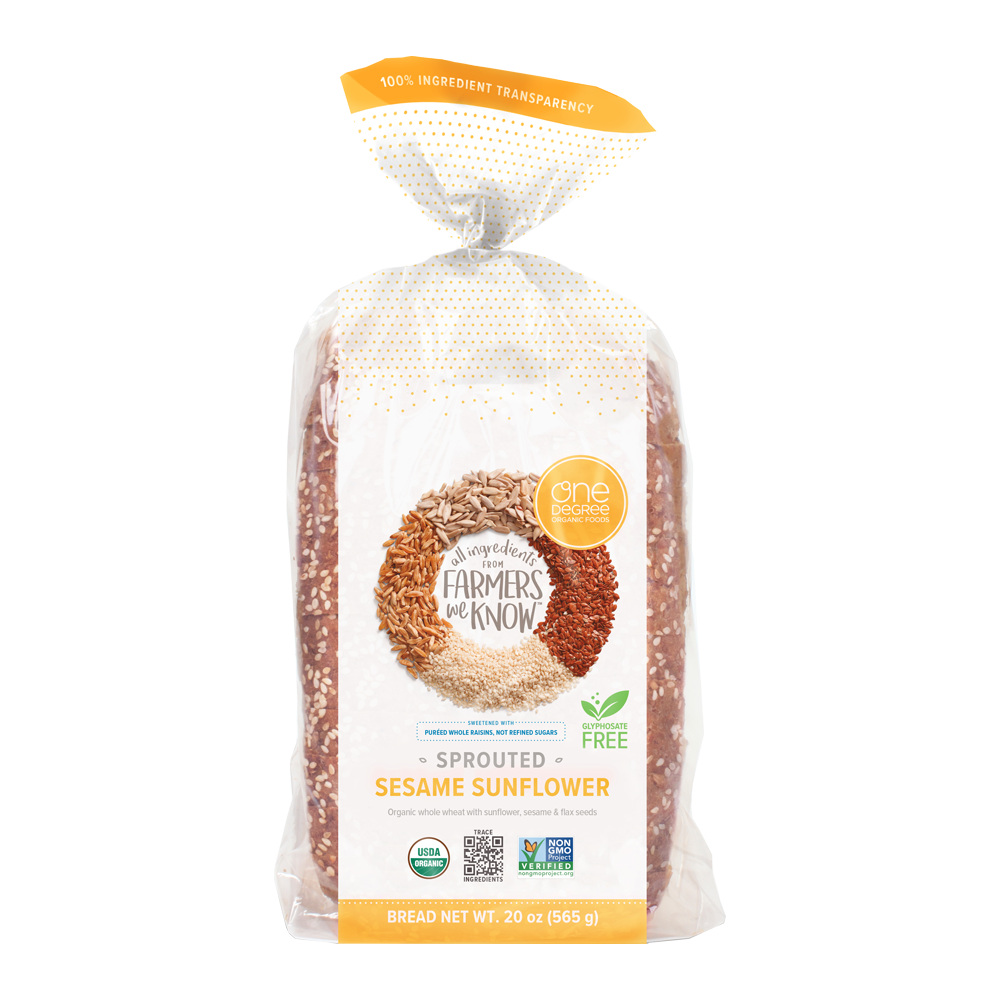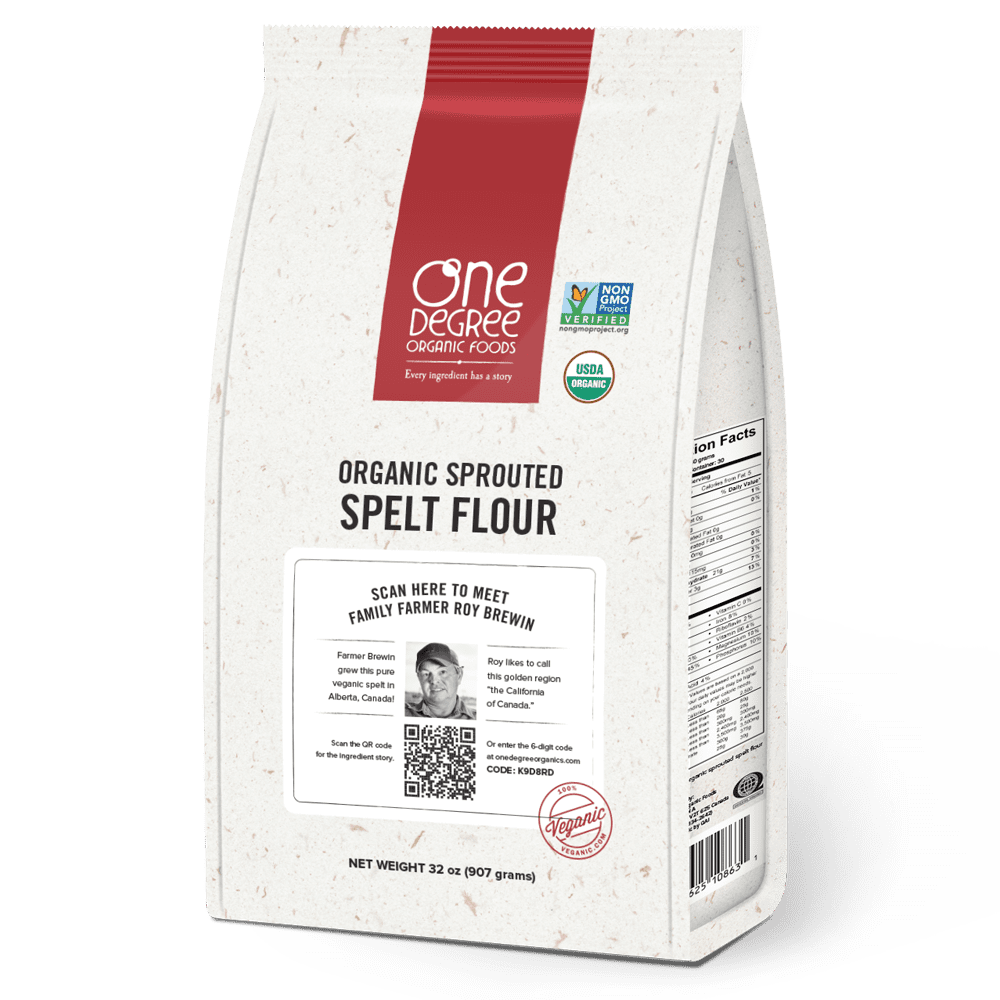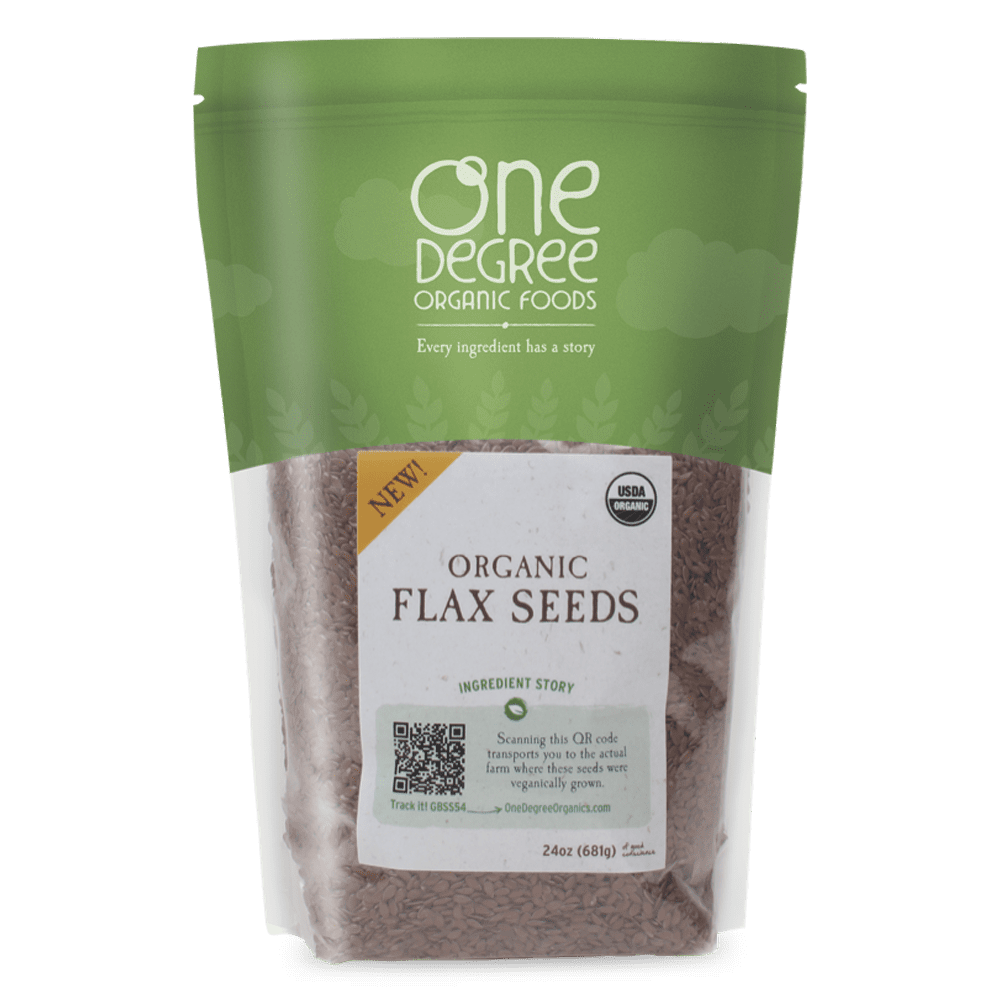Oats
River’s Edge Organics
There is a quiet comfort to oats that can’t really be put into words—they’re easily nourishing, add a fantastic texture to everything from smoothie bowls to chocolate chip cookies, and are a timeless base to the most reliable of breakfasts. While the wildly versatile grain seems quite at home in these supporting roles, on this visit to River’s Edge Organic Farm in Barrhead, Alberta, row after row of golden cereal stalks happily shone in the spotlight.
Our connection to the central Alberta farm stems from more than just wanting some added crunch in our One Degree Organics cereals and granolas or a little extra warmth in our hot cereal line-up. As part of our ongoing commitment to total food transparency, we came to look in on and learn from owner Eldon Kebernik and his son Brad, who are both passionate advocates for organic farming. 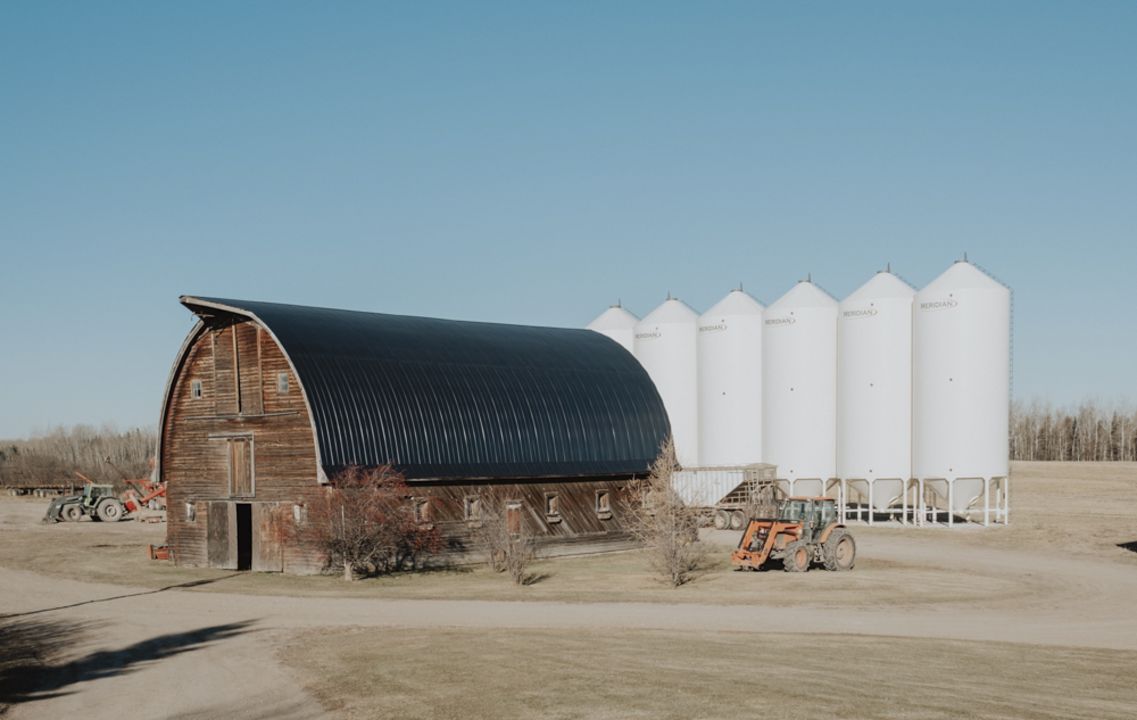
“When the opportunity arose, we jumped in with both feet and we haven’t looked back,” says Eldon. “We began our transition to organic in 1996 and were faced with some skepticism from neighbors, but there was excitement on our part, because I was looking forward to doing something that I believed in. I always had an organic philosophy.”
Eldon began farming in 1978, taking over from his parents, who founded the farm in 1947. Now, another generation of Kebernik farmers will continue with Brad. Both father and son share a passion for the big Alberta skies and dry air that results in plentiful oat yields, but the tradition is sentimental at its heart. “I knew as a youngster I’d be interested in farming,” says Eldon. “But at that time the opportunities for organic didn’t exist yet.” For Brad, it’s the only way he’s ever known. “Riding in tractors with my Dad creates a special bond that you really can’t replace. With the legacy we have here, the attachment to the land… I’d never be able to let that go.” 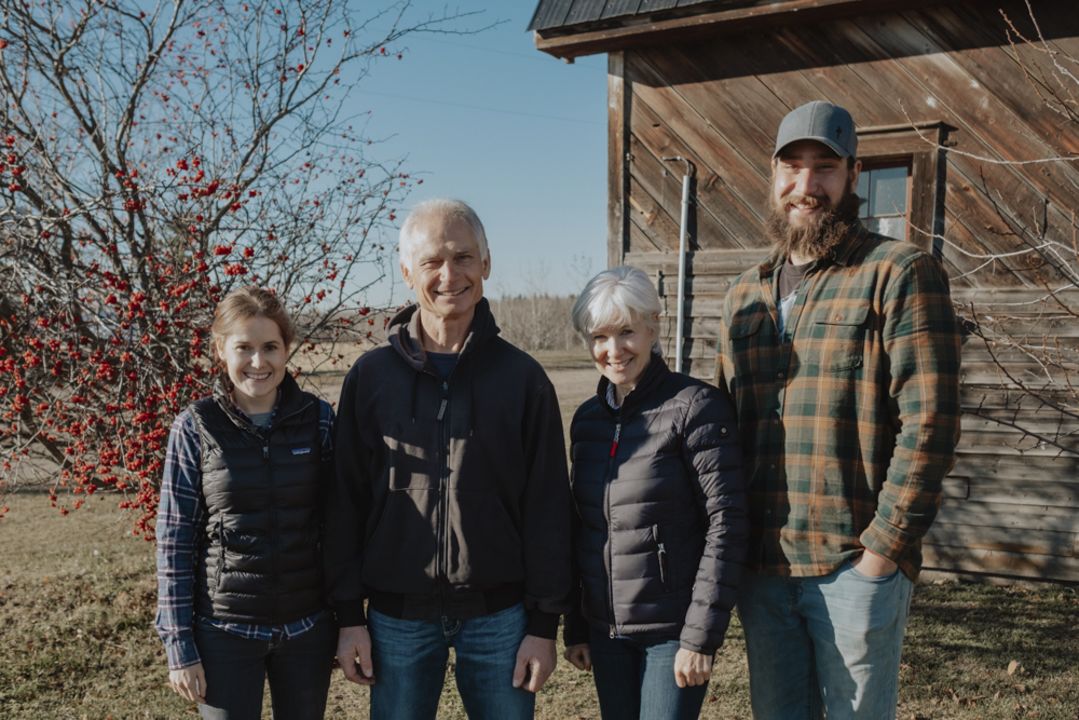
Brad agrees with his father’s organic farming philosophy and the health benefits of their product. Most people know oats are full of fiber (in fact, a specific kind called beta-glucan, which helps to lower bad cholesterol levels), but few know that the grain is also brimming with essential vitamins and minerals, including manganese, phosphorus, magnesium, thiamine, folate, iron, zinc, potassium, vitamin B6, and more. Oats also contain antioxidants that help lower blood pressure, can help reduce the risk of coronary heart disease, and even have anti-inflammatory and anti-itch properties when applied to the skin (hence oatmeal baths when you catch chicken pox).
What makes the Keberniks’ oats so special, however, is their total commitment to organic farming and food safety. “We’re looking at soil-building the natural way, not the quick and easy means of doing it,” explains Eldon. “We face many challenges; so much hingers on the weather. It is friend and foe.”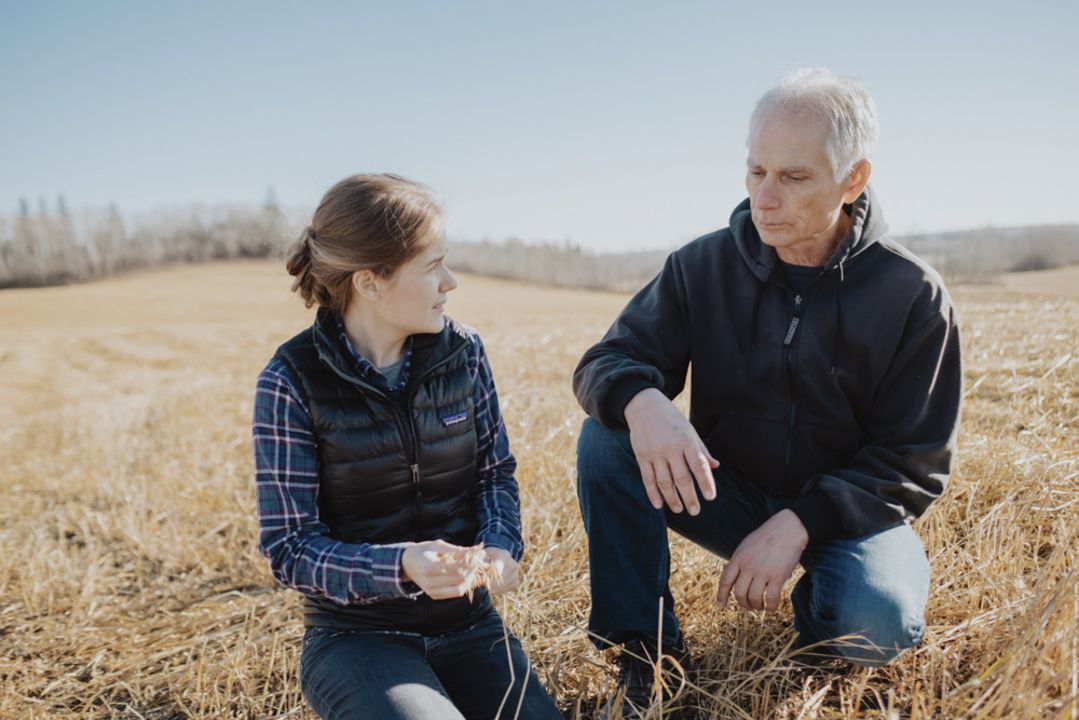
The vast farmland Eldon and Brad look over works on a crop rotation system with lots of effort going into soil-building and weed control. Much of the work depends on timing, with the maturity period for oats lasting just 100–110 days. While this particular region in Alberta is conducive to growing a higher quality oat (Eldon credits the long days and dry weather in addition to his perfected rotation system), much of the nutritional value has to do with steering clear of desiccants like glyphosate, the main active ingredient in Monsanto’s RoundUp.
“I’m a firm believer in the natural production of a crop,” says Eldon. “I believe the use of glyphosate is harmful and has an adverse effect… it’s not cleaned off, it is not washed off, and we’re ingesting this. In organic farming, none of that is used; it’s a natural means of producing for a healthier product. Organic means more care from beginning to end.” That care includes using cover crops to be plowed in for the purpose of building nutrients in the soil as well as summer fallow to assist with weed control.
As the years continue to roll by, the Kebernik’s goal will be to continue growing organic. In Eldon’s eyes, the opportunities are endless. “There are so many doors opening for the organic industry because the demand is growing,” he says. “There is a growing awareness of what people are eating today. People want to eat healthier. To be part of that is very special to us.”
